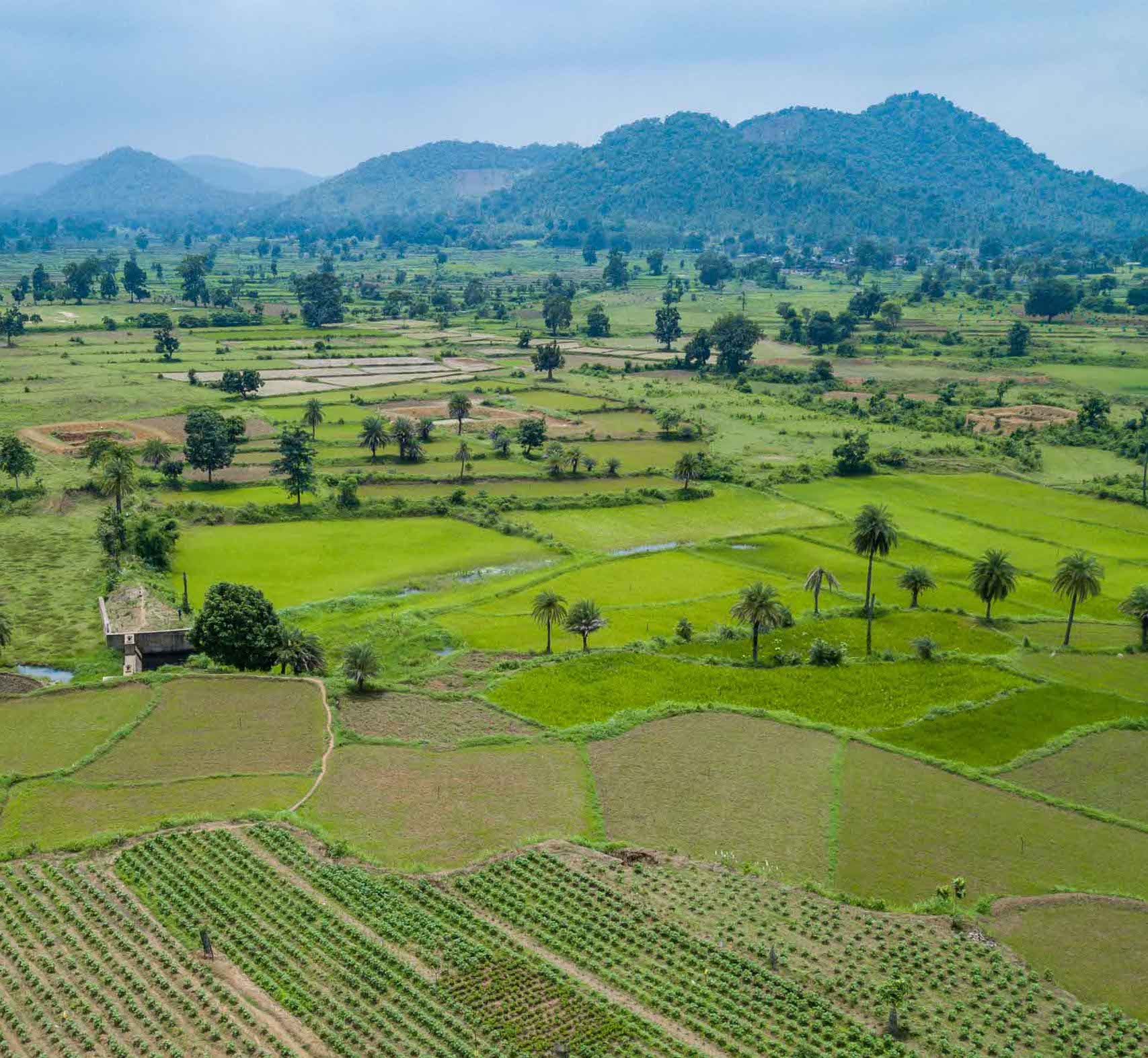“It doesn’t matter which sector or farming system you’re from, or the crop you focus on – in crop diversification, we are all complementary. We can all play a role in scaling up crop diversification practices, especially at organic cotton farms.”
– Mathilde Tournebize, OCA Programme Officer – Seed and Integrity
We recently convened a wide range of experts and partners from the organic cotton sector, regenerative agriculture and the sustainability industry at a webinar, where we shared the findings of our latest research project on crop diversification. The online event was hosted by Mathilde Tournebize – OCA Programme Officer – Seed and Integrity, who was joined by our research project partners from GIZ and FiBL: Silke Peters – Team Leader, Sustainable Agricultural Supply Chains Initiative, Deutsche Gesellschaft für Internationale and Eva Goldmann – Scientist, Research Institute of Organic Agriculture (FiBL). The presentation was followed by a fireside chat with NV Baby Raphael from Suminter India Organics, which encompassed the opportunities and challenges for practising crop diversification on the ground and illustrated how a holistic approach at the farm level can improve farmers’ livelihoods, from field to market.
The webinar delved into:
- The key takeaways from our study on crop diversification at Indian organic cotton farmers:
- The best practices for farmers and the planet
- The key levers that encourage their use and maximise income generation for farmers
- The actions we can take to scale crop diversification practices in India and beyond
- Recommendations for collaborations across crop and sustainability initiatives to enable action in unison
Watch the webinar here.
What comes next?
We are pleased to report positive engagement throughout the webinar: 62% of attendees found the cost-benefit analysis of diversified farming systems to be the most valuable takeaway of the study indicating a clear interest in the question: does it pay to diversify? When asked where attendees see themselves contributing to further action to scale crop diversification: 64% selected supporting organic farmers, with a particular focus on female farmers; and 62% felt that they could offer long-term market linkages and economic stability. The webinar and these polls gave us an opportunity as a sector to consider the actions needed to advance crop diversification and we look forward to uniting to take the necessary steps together.Our aim is to inspire others to take action to successfully link farmers to market, leverage existing advocacy initiatives, identify synergies across organisations and create collaborations across crops and sustainability initiatives.
We are looking for other crop centric organisations who can link farmers to markets, for other crops than cotton, using a holistic farming system approach. If that sounds like your organisation, please contact us.
“At OCA, we see strong results in our Farmer Engagement and Development Programme. If the same could be achieved for all the other rotational crops and intercrops mentioned in this research project, we could extend this powerful framework that both empowers smallholder organic farmers in a meaningful way and champions organic farming values.”
– Ruud Schute, OCA Programme Director

